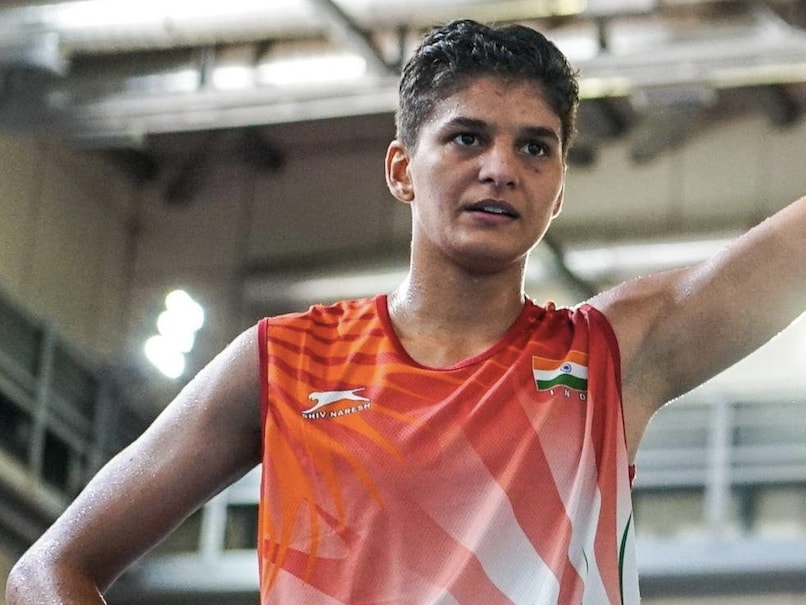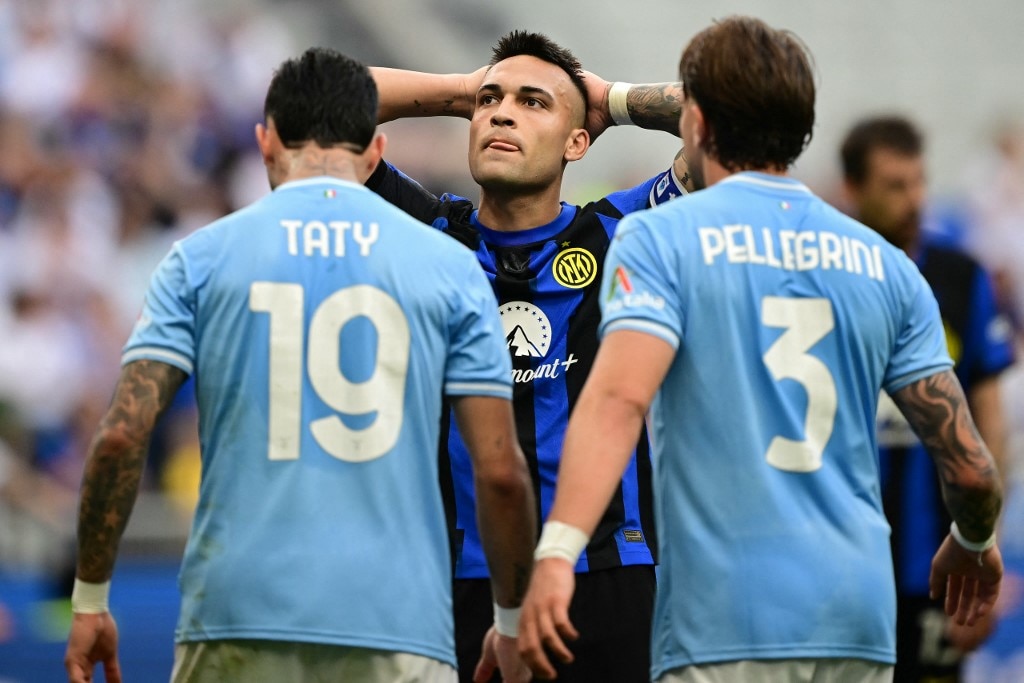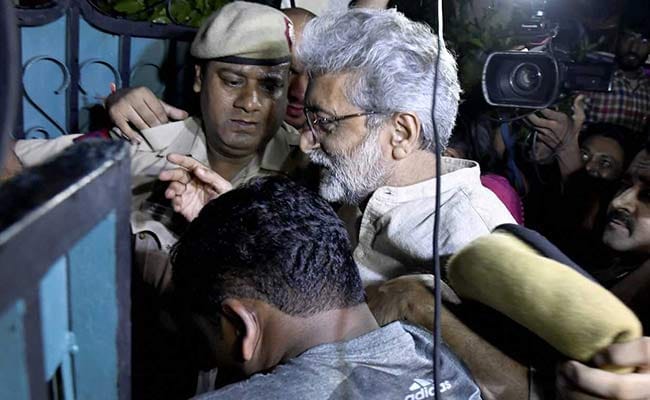Mr Zakaria said there has been a global backlash against liberalism.
New Delhi:
The rise of China is the fundamental reality of international politics and India has become very important because it is the only country in Asia that can provide a “counterweight” to it, Fareed Zakaria has said.
In an exclusive interview with NDTV’s Sonia Singh for the NDTV Dialogues, the veteran journalist and geopolitical expert – who has written a new book, ‘The Age of Revolutions’ – spoke on a range of issues, including challenges to the world order, India’s role in that context and the implications of a possible third term for Prime Minister Narendra Modi.
To a question on the revolutions mentioned in his book, especially geopolitics, and the challenges posed by the rise of different countries, the Indian-born American journalist said, “The rise of China and the return of Russia have become the crucial new features of the world order and both of them present a kind of frontal challenge to the existing rules-based international order. India becomes very important in that context because India can provide a kind of ballast or counterweight to China. It’s the only country of the size and scale that has the capacity to do that in the long run in Asia.”
Mr Zakaria said India can also provide a counterweight in terms of upholding a rules-based international order, which it has historically been in favour of.
“(Like) emphasis on state sovereignty, emphasis on adjudicating things through bodies like the United Nations. So there is a very positive and constructive role India can play in this new world. There’s a market, if you will, for India out there. There’s tremendous goodwill in the United States, and in Europe, for India,” he added.
For India to leverage this position, however, the CNN journalist said it faces a challenge on two fronts.
“One, it has to grow economically. India is still more a story of potential than of realised potential. China is still five times larger than India in economic terms. In terms of per-capita GDP, India is still a poor country. It is $ 2,700 per capita, which makes it the poorest country in the G20. So, to wield its weight, it will have to continue to move economically and, frankly, a bit faster. A poor country like India needs to move at 9%.
“The second piece… India needs to remain committed to a rules-based international order. There’s always a danger that a country like India will seek a narrow and short-term temporary advantage and forsake some of those rules. India has the potential to be a rule maker, rather than a rule taker in the new world order. It can shape the agenda, it can make the rules but, in order to do that, it has to live by them,” Mr Zakaria emphasised.
Historic Third Term
Asked about PM Modi’s approval ratings being the highest globally and whether a historic third term for him would give him a democratic legitimacy that some other world leaders lack, Mr Zakaria said, “That does provide a certain kind of both moral and political ammunition for PM Modi. Will it matter to (Chinese President) Xi Jinping, (Russian President) Vladimir Putin and people like that? Not really, their view is to deal with the government that is in place. How it got there is no concern of anybody on the outside,” he said.
The veteran journalist said the key question would be what PM Modi does with his third term if he gets it.
“What does he want his legacy for India to be? It (a third term) would be historic, he is very popular and a lot of the country listens to him. So he can either appeal to what Lincoln called the ‘better angels’, or there are other paths,” he said.
UN Security Council Less Relevant?
Israeli author Yuval Noah Harari had told NDTV that India can speak to countries like Iran and the world needs nations like that, which can speak to all the major players in this “geopolitical turbulence”.
When Mr Zakaria was asked if he agreed, he said, “India does have relations with Iran, which could be very useful, but has it used that capacity… to try to create a more stable, peaceful atmosphere in the Middle East? Has it tried to broker some kind of negotiations or anything that could bring the temperature down? The Chinese have played that role. I wonder why India shouldn’t. I think India would be better suited to do it because Western powers would trust India more than China by a long shot.”
The journalist also said that India should have a place in the United Nations Security Council but that may never happen because China could veto it. He stressed that, because of factors like these, organisations like the UNSC will become less relevant and groupings like the G20 gain more importance.
‘Politically Savvy’
On the global backlash against liberalism, Mr Zakaria said the amount of forward movement that has taken place and the realisation that power has been concentrated in the big cities has added to it. People who can capture this backlash have an advantage, he said.
“Prime Minister Modi is almost unique in that he has been able to both be an insider and an outsider. He can appeal to the ‘aam aadmi’ and at the same time, of course, he is Prime Minister. Trump has a little bit of that same technique but, of course, he’s much less popular. In America, there’s a much larger urban population, a much bigger group of people who feel like Trump is not their guy,” he said.
“But Prime Minister Modi has been able to both appeal to the common man and, at the same time, be part of the technocratic, technology based wave of modernisation that is happening in India. Which is why, I think, he’s been so politically successful… He is politically very savvy,” the journalist added.
Addressing India’s digital revolution, Mr Zakaria said, “India, as a poor country and as a late arrival in technology, chose the best path it could have taken.” He also, however, emphasised the need to “create great Indian technology companies” by leveraging this infrastructure.


















